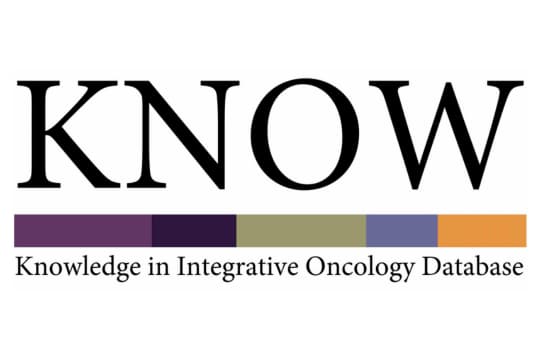Itraconazole is an antifungal medication that has been studied as a medication for prostate cancer and lung cancer in a small number of patients.
Are you a health professional?
This section does not replicate the other information on this topic but provides additional details or context most relevant to professionals.
Modes of action
Itraconazole appears to inhibit the cell cycle by binding to Smo, a protein downstream of the Hedgehog pathway that activates the Gli family of transcription factors.1Kim J, Tang JY et al. Itraconazole, a commonly used antifungal that inhibits Hedgehog pathway activity and cancer growth. Cancer Cell. 2010 Apr 13;17(4):388-99.
More on safety
By inhibiting the 3A4 isozyme of cytochrome P450, itraconazole may slow the metabolism of many drugs.2Ogu CC, Maxa JL. Drug interactions due to cytochrome P450. Proc (Bayl Univ Med Cent). 2000 Oct;13(4):421-3; Gilani B, Cassagnol M. Biochemistry, Cytochrome P450. In: StatPearls [Internet]. 24 Apr 2023. A partial list is available here ›
Preclinical evidence
Preclinical evidence is presented here; clinical evidence is summarized in How can itraconazole help you? What the research says ›
Improving treatment outcomes
Higher rate of apoptosis, likely related to higher ceramide content and lower Bcl-2 expression, in PC-3 metastatic prostate cells treated with itraconazole compared to no treatment3Zhao ZW, Yang LL et al. [Effects and mechanism of itraconazole on prostate cancer PC-3 cell apoptosis]. Zhonghua Yi Xue Za Zhi. 2016 Oct 25;96(39):3160-3163. Chinese.
Helpful links for professionals

Knowledge in Integrative Oncology Website › (KNOW)
A subscription is required.
Keep reading about itraconazole
Health professional comment
We invite health professionals to contribute expertise or send us questions.
"*" indicates required fields
References
